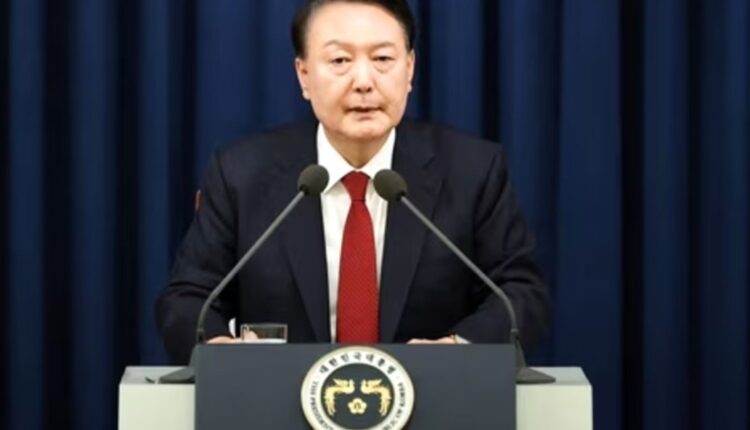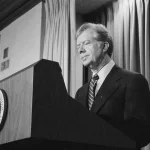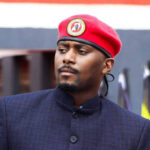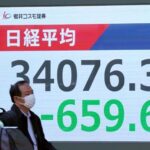South Korea’s political crisis deepened as a court in Seoul issued an arrest warrant against suspended President Yoon Suk Yeol, marking the first time a sitting president faces arrest in the nation’s history.
The warrant stems from Yoon’s controversial declaration of martial law on December 3 and his subsequent refusal to comply with three summonses over allegations of abuse of power and inciting insurrection.
Yoon’s legal team has denounced the warrant as “illegal and invalid” and vowed to challenge it. Meanwhile, investigators have until January 6 to execute the warrant, though logistical and political hurdles may impede their efforts. Yoon’s security detail has previously blocked attempts to search his offices and private residence, echoing past instances where police were obstructed from arresting high-profile politicians by their supporters.
Suspended from his presidential duties since December 14 following impeachment by the opposition-led parliament, Yoon remains under scrutiny as the constitutional court evaluates his impeachment. However, only six judges currently sit on the court’s nine-member bench, meaning a single dissenting vote could secure Yoon’s reinstatement.
Efforts to appoint additional judges were thwarted last week when acting Prime Minister Han Duck-soo vetoed the opposition’s nominations. This led to Han’s own impeachment, further complicating governance as Finance Minister Choi Sang-mok now serves as both acting president and prime minister.
Choi has since appointed two new constitutional judges but noted that consensus is required for the third. Meanwhile, the opposition threatens to impeach Choi as political tensions escalate.
Amid these developments, Yoon has defended his martial law declaration as a constitutional prerogative but pledged not to evade his legal responsibilities. His current whereabouts are unknown, and he remains barred from leaving the country.
South Korea faces an uncertain path forward as the nation grapples with the legal and political fallout of this unprecedented crisis.







